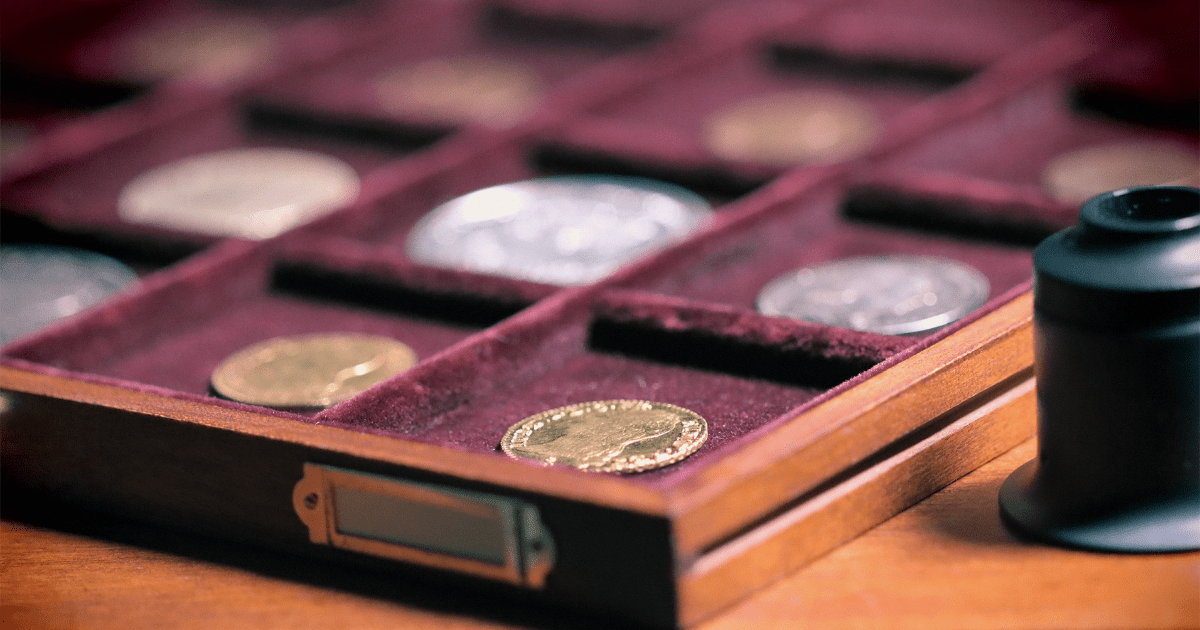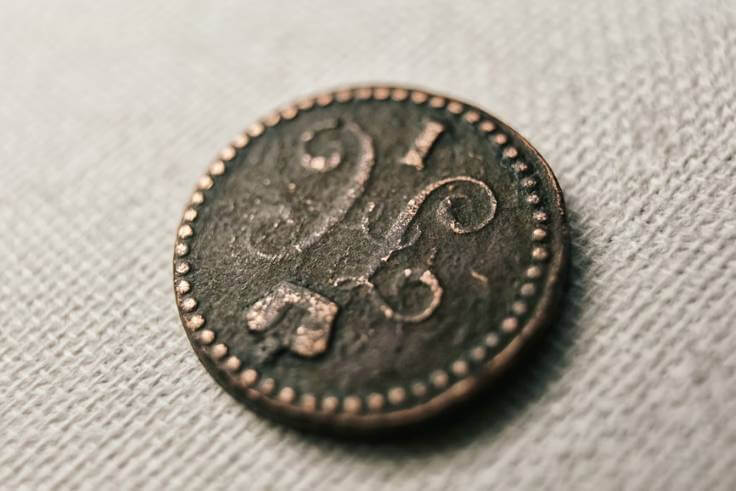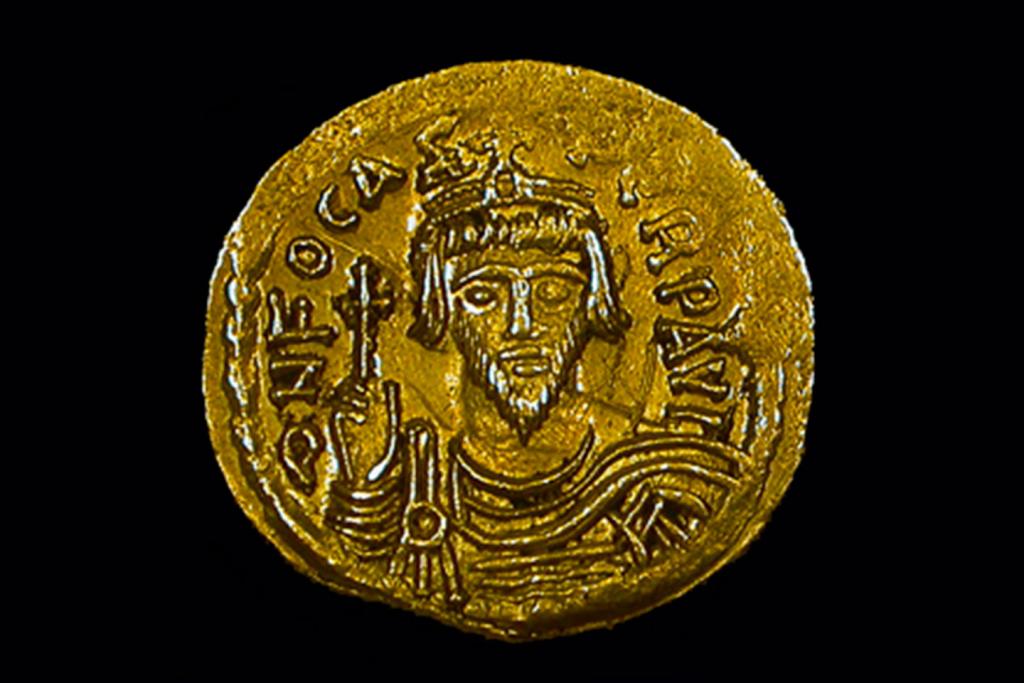Excellent Advice On Picking Circulated And Bullion
Excellent Advice On Picking Circulated And Bullion
Blog Article
What Can I Learn About Local And Global Associations For Numismatics By Using A Database To Conduct Research?
Researching numismatics with regards to regional and global associations involves leveraging databases that provide information on the numismatic community, conferences publications, as well as collaborative projects. Here's a systematic way to conduct this research. In addition, academic databases and repositories such JSTOR can provide access to scholarly articles and conference proceedings.
Define Research Focus: Specify your research objectives. You may be interested in the past of numismatic societies, their activities including regional collaborations, conferences and regional meetings or particular numismatic subjects that these organizations discuss. Make sure you know what your goal is to help guide your search.
Search Strategy: Add keywords such as "numismatic associations", "global numismatics", or "regional societies for numismatics," depending on the context. Also, you can add the names of organisations or regions. You can use advanced search features to filter results according to date, document type (such as newsletters or conference papers) and geographic scope.
Access to data collection Information about the background and mission, membership, publications, and activities of global and region numismatic societies. Learn about the forthcoming and past workshops, conferences, as well as collaboration research projects. Search databases for information about members, leadership of associations and contact information.
Analyze: Examine your data in order to gain more understanding of the regional and global numismatic association's role and impact. Explore how these groups contribute to advancing numismatic education and international cooperation, and collaborate on research via conferences and publications.
Cross-References: Check information using different databases or sources. Examine the initiatives and activities of various associations to get a comprehensive view of the global and regional trends in numismatics.
Documentation: Make sure you document your research findings in a structured manner, including the sources and methods you used. Note the details of the databases used, search terms used, and the importance of every source you use to answer your research questions.
Keep up to date: Numismatic associations are always evolving by publishing new publications and conferences. They also collaborate on various projects. Monitor association websites, databases of scholarly research, and newsletters for the most recent developments in global and region numismatics.
By following these steps, you'll be able to effectively use databases to study numismatics in relation to regional and global organizations. This approach allows you to investigate the organization structure as well as the scholarly activities and collaborative efforts which influence the field of numismatics at the global as well as regional level. Check out the best zloty for site examples including silver, banknote storage, peso, numismatics, central bank, coin release, currency dealer, uncirculated, antique banknotes, coin dealer and more.
How Can I Find Numismatics For Exhibitions And Show Events With An Online Database?
To conduct research on exhibitions and shows related to numismatics you'll need to use databases that contain details about numismatic events such as exhibitions, conferences and other events. To conduct this research, here's the best way to select a database: Pick databases which specialize in numismatic shows and events. Examples include the websites of major organizations in the field of numismatics, such as the American Numismatic Association.
Define Research Focus: Specify your research objectives. Are you keen to find out more about past and upcoming numismatic conferences local coinshows, regional coinshows, or educational shows and upcoming shows of coins? Determine what you're trying to find in order to reduce your search.
Search strategy: Use keywords to search for "numismatic" events and exhibitions, "coin shows", "numismatic conferences". If applicable you could also include the event's name or location. Results from searches can be filtered by the date, event type (such conferences, exhibitions) or geographical region using the advanced search option.
Get information on the past and upcoming numismatic shows and other events. Gather information about events such as dates and venues organizers, themes or locations, featured collections or exhibitor participation, and catalogs or publications. Locate databases that offer a digital tours or virtual access to exhibition materials.
Analysis: Analyze the data to discover the themes, trends, and educational objectives of numismatic shows and events. Analyze how exhibitions and shows help to increase understanding of the field of numismatics, encourage scholarly exchange and highlight significant collections.
Cross-Referencing. Check that your information is accurate by comparing it with other databases, lists of events, and official sites. This will ensure that your research is accurate and complete, giving you all the information you need about numismatic activities in the world.
Documentation: Document your research findings, including the sources you relied on as well as the methods employed. Note the details of the databases you used as well as the search terms that you searched with, and the way each resource relates to your research question.
Stay Updated: Numismatic events are constantly changing and new exhibitions, shows, and conferences regularly scheduled. To get the most recent information about forthcoming events, look out for announcements from numismatic organizations such as event organizers, special databases.
Take these steps to effectively examine numismatics and its relationship to shows and exhibitions. This approach enables a detailed study of the range in educational value and the scholarly value of numismatic shows and events across the globe. Have a look at the most popular legal tender tips for site tips including banknote authenticity, coin blank, dirham, proof, banknote marketplace, banknote show, banknote catalog, banknote identification, coin forum, precious metals and more.
What Can I Do To Research Numismatics With Respect To Collectors By Using Databases?
For conducting such research, here's a systematic strategy: The following is a methodical way to conduct this research: Database selection: Select databases that specialize in numismatic profiles, numismatic organizations and collections of collectors. Examples include online forums for collectors, numismatic organization websites (like the American Numismatic Association), collector databases, as well as specialized websites for numismatic research.
Define Research Focus: Specify your research objectives. Are you seeking to understand the collecting interests of specific collectors, the creation of noteworthy collections, trends in numismatic collections or the social and historical reasons behind collecting practices? Clarify where you want to concentrate your research.
Search Strategy: Use keywords like "numismatic society", "collector profiles", "numismatic collectors" and the names of collectors or geographic regions If appropriate. You can use advanced search to filter the results by date and collecting specialties, such as old coinage, paper currency, or exonumia.
Data collection: Access information on collectors like their biographies and collecting interests. Also, get information on notable acquisitions or contributions to research in numismatics. Details about the creation and dispersion of notable collections are available through analyzing auction results as well as catalog entries.
Analysis: Examine your data to gain greater understanding of the motivations and factors that fuel the collecting of numismatics. Find out how collectors influence trends in collecting as well as market demands. They may also help preserve numismatics knowledge through exhibiting, publishing or even implementing educational programs.
Cross-Referencing Verify information by cross-referencing the information across databases, auction archives as well as numismatic magazines and even profiles of collectors. This will ensure accuracy and thoroughness of your research. It will also give insight into the different functions and contributions of collectors to numismatic communities.
Documentation: Documentation is important. Cite sources and note the methodologies you've employed. Note the details of the databases accessed, search terms used, and the relevance of every source you use to answer your research needs.
Keep up to date Trends in collecting numismatics and interests change as time passes. Keep up-to-date by keeping track of updates from collector forums and publications of numismatic groups and specific databases.
By following these steps, you will be able to effectively utilize databases to study numismatics in relation to collectors. This method allows for an in-depth study of the motivations, interest, and contributions made by collectors in the world of numismatics. Additionally, it provides information about the historical and cultural dimensions of collecting. Have a look at the most popular coin blog for blog info including banknote album, pound, denomination, currency society, central bank, currency catalog, banknote identification, banknote value, franc, numismatic value and more.
How Do I Search For Numismatics In Connection With Conservation And Preservation Experts Using An Online Database Of Numismatics?
Here's how you can conduct a systematic research on numismatics. For conducting such research follow these steps: Database Selection: Select databases that focus on preservation and conservation of artifacts from the past, including the numismatics. A few examples are websites of conservation groups (such as the International Institute for Conservation of Historic and Artistic Works) museums' conservation departments and publications that focus on the preservation of numismatics.
Define Research Focus: Specify your research objectives. Are you interested to understand the conservation methods applied to objects of numismatic value or cases studies of restored coins or medals. Prevention-based conservation methods or ethical considerations for the preservation of numismatics? Find out what you're trying to find in order to narrow your search.
Search Strategy Utilize keywords, such as “numismatic conservation,” "coin-preservation methods," or "conservation practice for medals," along with specific conservation techniques and periods in the past (such cleaning, stabilization, storage, etc.). Search results can be filtered according to date, conservation subjects, and case studies using advanced search tools.
Find information about conservation methods and practices applied to numismatic objects. Collect details, such as articles on prevention of conservation and conservation experts' interviews, case studies on treatment, and guidelines on managing and storing collections.
Analysis: Analyze the data to comprehend the methodologies, challenges, and new developments in numismatic conservation. Examine the effects of conservation treatments on the preservation of artifacts from numismatics, the importance of analytical science in the conservation process and the integration of ethical standards in conservation practices.
Cross-Referencing. Examine what you've discovered by cross-referencing information across various databases. This includes conservation organizations' websites as well as museum conservation departments. This will ensure the precision and accuracy of your study. You will also get a full image of the numismatic restoration techniques.
Documentation: Record your findings thoroughly by citing sources and highlighting the methods used. Keep track of details on the databases used and the search terms you used and the significance of every source you use to answer your research questions.
Stay updated: Preservation standards and conservation techniques are constantly evolving with advances in science and technology. For the latest updates in conservation of numismatics, keep up-to-date by examining museums', conservation organizations' departments', and specialized publications on numismatics.
Following these steps will allow you to explore the numismatics field as well as conservation specialists. This technique allows for an in-depth review of the methods and ethics used by conservationists to protect numismatic objects. It offers insights into the challenges faced and the progress made in safeguarding the cultural heritage through numismatic conservation techniques. Read the recommended banknote expo hints for more tips including coin rarity, collector, banknote production, engraving, real, ringgit, coin minting, banknote display, coin blank, numismatic value and more.
How Can I Make Use Of An Online Database For Research Numismatics Particularly In Relation To Industry Trends?
If you're looking for a more systematic approach, here's how to conduct such a search: This is a systematic method for conducting this research. A few examples are platforms for market research like Mintel or IBISWorld as well as numismatic society magazines, industry-specific databases and businesses news sites.
Define Research Focus: Specify your research objectives. Do you want to know about the latest market trends, new collecting interests and technological advancements that affect the field, or other economic factors that influence the value of your coins? Find out what you're seeking to narrow your search.
Search Strategy: Use keywords like "numismatic trends in the industry,"" "coin collecting market analysis," "emerging trends in numismatics," and also include specific subjects (ancient coins and modern coins, paper money) or keywords relevant to your research query. Search results can be filtered by date the industry sector, the date, and type (reports/articles/market analysis) with advanced search tools.
Data Collection: Access information on industry trends and insight into numismatics. Find out information about market reports on trends in coin collecting, articles describing technological innovations (such digital cataloging tools as well as authentication technologies) Expert opinions regarding market volatility, or economic analyses affecting markets for numismatics.
Analysis: Analyze your data to identify key trends and insights affecting the numismatic sector. Examine market dynamics such as the demographics of collectors and changes in the collection preference (historical periods or themes), innovations of technological advancements in the field of numismatics, as well as the effect of global economic forces on coin values and demand.
Cross-Referencing Ensure the accuracy of your research by comparing it with information across multiple databases. This includes market research reports, publications from numismatic societies and industry analysis articles. This will ensure your research is accurate and thorough, and provide a comprehensive review of trends in the industry.
Documentation: Documentation is essential. Cite sources and note the methods employed. Detail the databases utilized, search terms, and relevance of the sources you've used to answer your questions.
Stay up-to-date: Trends in the industry in numismatics are evolving according to market trends, collecting trends, and technological advancements. Follow the latest updates from numismatic magazines market research firms, as well as reports from industry experts to gain the most current information and analysis of numismatic trends.
Take these steps to learn about numismatic trends and gain valuable insights. Through this method, you can gain a useful insight into the numismatic market, including its dynamics, trends technological developments and economic impacts. Have a look at the top legal tender for blog info including coin storage, coin news, coin die, coin marketplace, bullion, coin appraisal, coin minting, legal tender, copyright detection, coin rarity and more.